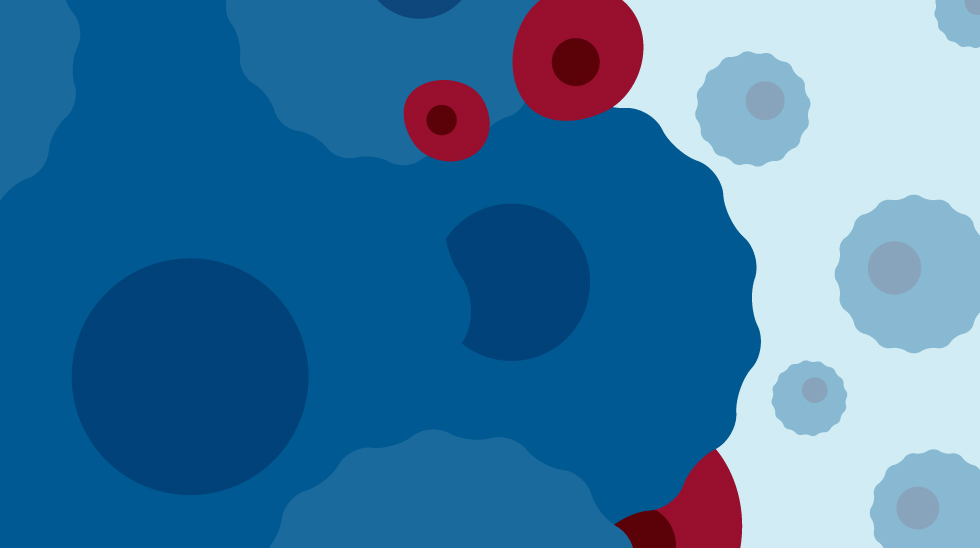FDA Approves New Genentech Medicine for Chronic Lymphocytic Leukemia (CLL)
November 1st, 2013
On November 1st, 2013, the FDA approved Gazyva® (obinutuzumab) Injection in combination with chlorambucil for the treatment of people with previously untreated CLL.
News in brief
- Gazyva is a monoclonal antibody designed to attach CD20, a protein found only on B-cells. It attacks targeted cells both directly and together with the body's immune system.
- Gazyva is the fifth cancer medicine from Genentech approved by the FDA in the past three years.
- Gayzva is the first medicine approved with the FDA’s Breakthrough Therapy Designation.
Supporting Information
ASCO Digital Newsroom

“Gazyva is an important new medicine for people with newly diagnosed chronic lymphocytic leukemia as based on clinical data, it more than doubled the time a person lived without their disease worsening compared to chlorambucil alone. We have spent 20 years researching blood cancer medicines, and we will continue to study Gazyva to assess its efficacy in other types of blood cancers.”
